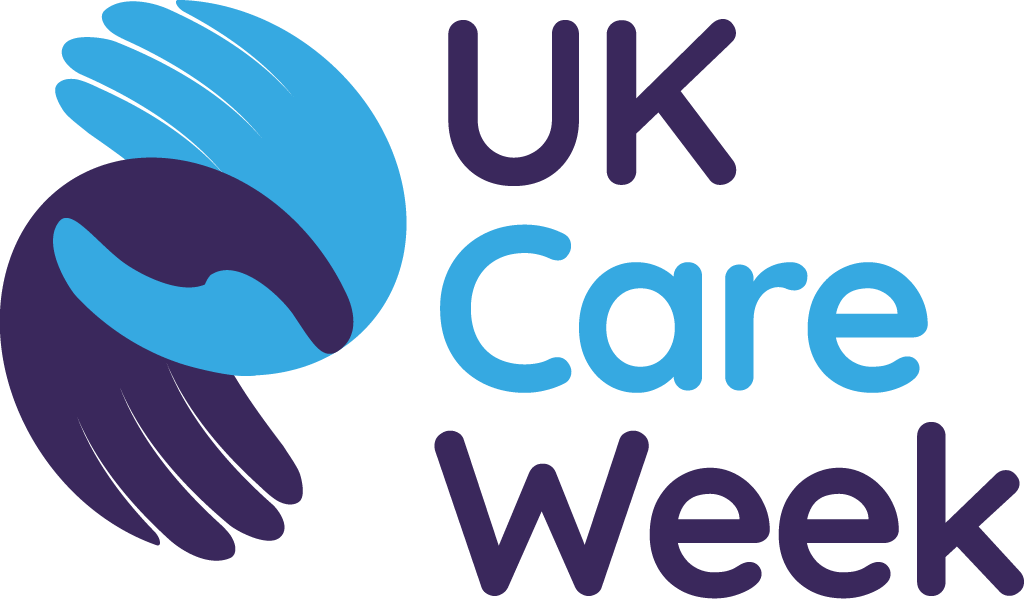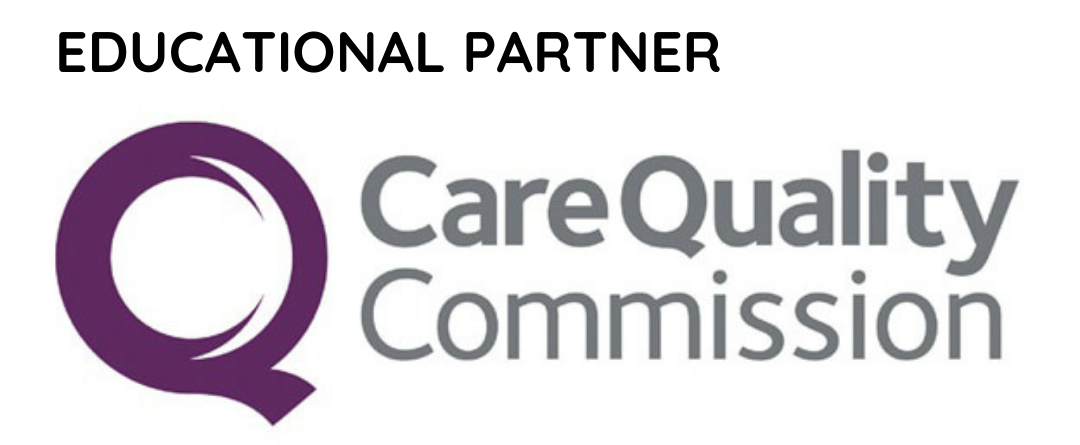Action not words: How social care providers are taking the lead on sector change
)
It has been said many times before that social care is underfunded and under-prioritised.
So often, in fact, that describing the government’s focus on the sector is like playing a game of social care bingo – complete with widely-used phrases like ‘poor cousin to the NHS’, ‘kicked into the long grass’ and ‘postcode lottery’.
The sector is tired of this narrative, but, sadly, meaningful change doesn’t appear to be on the horizon. Labour’s answer to reform is the Casey Commission - the latest in a long list of independent inquiries into adult social care - but this not expected to deliver long-term recommendations until 2028.
Urgent action is needed now, not in the run-up to the next general election, when any proposals are in real danger of being delayed or ditched altogether.
So, how can care providers take matters into their own hands? What immediate steps can they take to help address some of the challenges they face and secure a sustainable future?
We asked senior leaders of some of the top care providers in the country to share their thoughts:
Amrit Dhaliwal, CEO, Walfinch
“In many ways, the ‘care crisis’ is a crisis of operation. Many home care providers treat recruitment as a tick-list task. This ‘lack’ of staff is partially due to the lack of calls, the lack of outreach, and the lack of investment into peoples’ careers.
“It is a personal belief of mine that the ‘carer’ role is in desperate need of updating; by taking vital steps to redefine the act of providing care. It is a role which requires in-depth training, a role which literally transforms lives across the country. Providers should actively recognise hard work and reward staff accordingly – because it is hard. To transform the face of the care sector, providers must adjust the way they recruit. Only then, can we help people realise these deeply rewarding careers.
“Within Walfinch, we work closely with the Royal Osteoporosis Society – in an official partnership – to provide carers with specific fracture prevention training. It’s about giving people the opportunities and skills to become champions in their respective fields. It’s about helping people to thrive.
“Carers are the most important people in a care business. They deliver the service, they represent the provider, and their commitments separate ‘good’ care from ‘outstanding’ care. I would urge any care provider to start by making time to call potential staff, invest in their team, and really shout about the benefits of starting a career in this amazing sector.”
Dan Archer, Founder and UK CEO, Visiting Angels
“When it comes to future proofing in care the only steps that I feel are truly important are those around our people. Visiting Angels is proudly the UK’s first carer-centric organisation because we feel that a people first culture is the only way to resolve the workforce crisis. With 111k vacancies currently and increasing demand in future the sector has to increase the workforce. Our focus on making the job of caregiver more attractive with better pay, contracts, improved working conditions and a retention based culture is allowing us to encourage departed carers to return to the workforce.
In the past 4 years 619k carers have left care. The good news is that they haven’t left the country, they are now in the non-care workforce of 33million workers. If we are to find the solution that we need for staffing the future of care it is easier to see how we can find 111k people from 34million. The professionalisation of the workforce is also a key step and I am proud as a Non Exec director of NACAS to be leading an initiative for caregiver registration. When carers are pin carrying just as the nursing workforce is it cannot help but increase the attractiveness of the role.”
Ben Ashton, Managing Director, GoodOaks Homecare
“At GoodOaks, we believe the future of social care lies in freeing our people from the back-office so they can focus on what really matters: improving clients’ lives. By automating admin, rostering, and compliance tasks, and integrating our systems so information flows seamlessly, we’re giving care professionals and managers back time, headspace, and energy.
“Efficiency isn’t about cutting corners; it’s about clearing them. Every hour saved behind a desk is an hour spent supporting someone to live well at home, building relationships, and noticing the little things that make a big difference. The care providers who embrace smart automation and data-driven systems now will be the ones who thrive, because they’ll have the human capacity to deliver truly personalised care.
“It's an exciting time for the care sector, with so many interesting tech providers promising to support with just this, as well as innovations from incumbent tech companies moving faster than ever.”
Tamsin Ryan, Director of Experience & Regulated Activity, HC-One.
“The process of future proofing care can be found in smarter use of technology, enabling closer partnerships with the NHS and Local Authorities.
“At HC-One, and across the wider care sector, we’re investing in digital care records, predictive analytics, and assistive technology to enhance quality, reduce duplication, and free up valuable time for colleagues to focus on caring and building strong relationships with residents.
“The next step is integration. As the NHS delivers its 10-Year Plan and Integrated Care Boards shift focus from hospitals to community-based care, digital tools that enable real-time communication between health and care teams will transform how we work together.
“Providers also play a vital role in prevention, using digital monitoring to spot early changes in residents’ health and working proactively with GPs and community nursing teams.
“By investing in digital capability and collaboration, we can improve outcomes, reduce hospital admissions, and highlight the value of social care as a vital part of our national health system.
“Together, we’re building a more connected, responsive, and person-centred future for care.”



